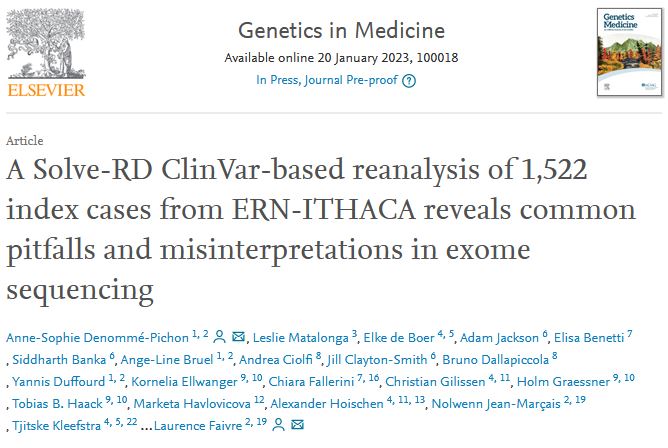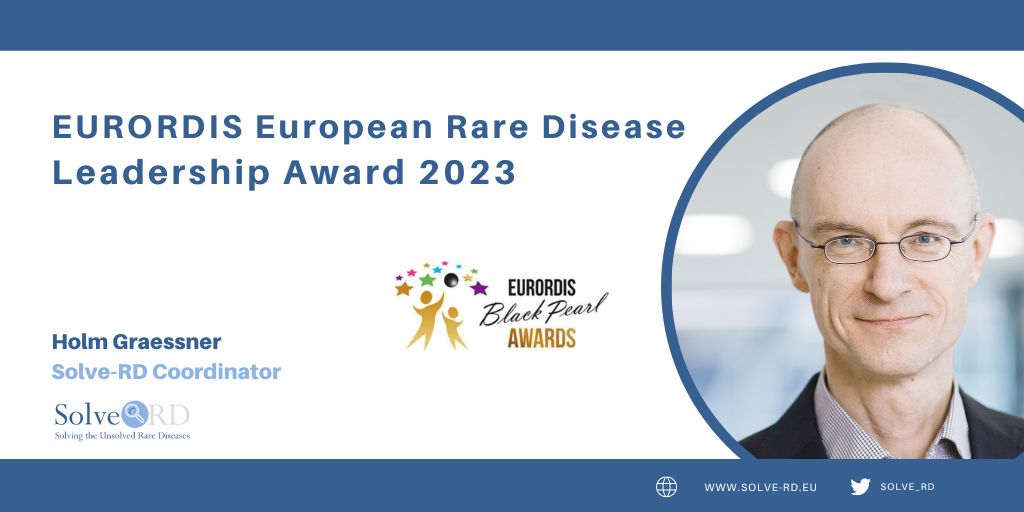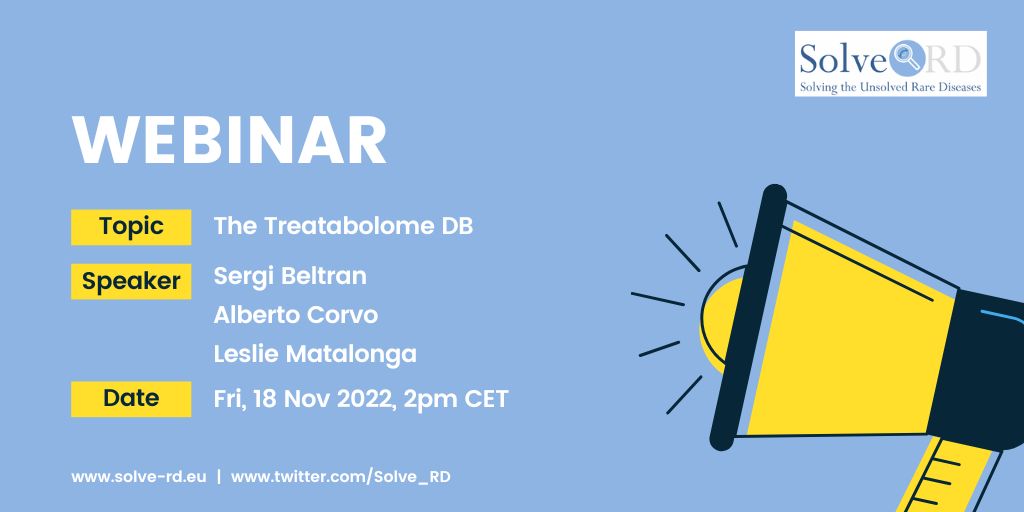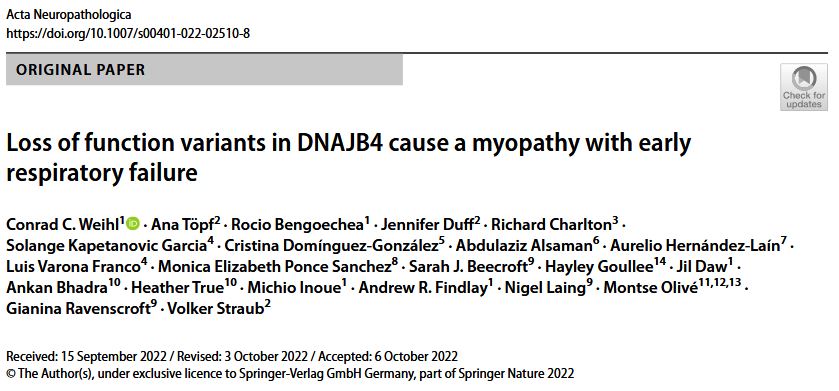Seeding Grant project received follow-up funding
Solve-RD Seeding Grant recipient Michela Ori successfully received competitive grant from the Telethon Foundation (Italy)
Michela Ori and her group at the Department of Biology, University of Pisa, Italy have received Seeding Grant funding via the Solve-RD Rare Disease Models & Mechanisms Network (RDMM-Europe) program in August 2020.
Based on preliminary data obtained with the Solve-RD Seeding Grant, Michela's lab has successfully applied for a competitive grant from the Italian Telethon Foundation. The project with the title "Modeling Pitt-Hopkins syndrome and new pathogenetic variants of TCF4 by gene editing: a step forward toward personalized medicine (acronim: HOPeFOR)" started in March 2023.
Solve-RD partner Antonio Vitobello from CHU Dijon who initially identified those novel gene variants in patients with facial dysmorphism and who was matched to Michela Ori's group via RDMM-Europe will be a collaborator in this project.
More info (in Italian) here.




